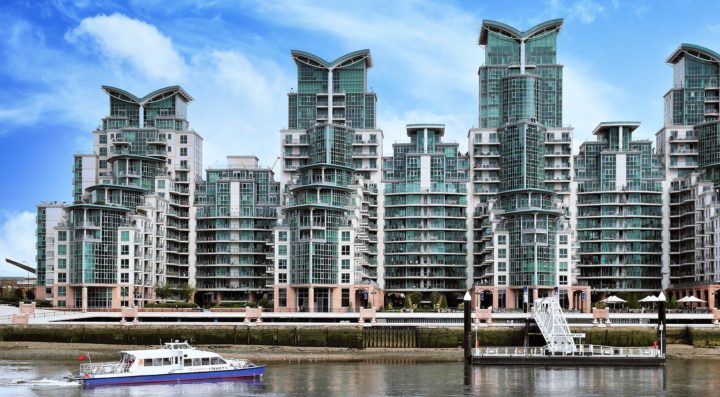The following contribution is from another author.
If you’ve never bought a condo before, or are a first-time buyer, you might be surprised by all the different things that you have to consider. Buying a condo is not the same as buying a house. You will probably have adjoining walls with your neighbors, as well as other elements that are different from buying a traditional home. The whole process of buying can be different.
Who Should Own A Condo?
Not everyone is the condo-type. Many condos are in urban settings, so you should be a city dweller. Condos are often built in downtown areas and have convenience like grocery stores, banks, and other businesses built right in. Be aware that this can add to extra noise in the development.
Condos will mean having to deal with a Homeowners Association. The HOA will set out conditions and restrictions that condo owners must comply with in order to live there. If you can’t do that, condo life is not for you.
Buying a condo can be a good choice for first-time homeowners on a tighter budget, older people looking to downsize, or those looking for a taste of luxury real estate, without the associated costs.
Loan Issues
Buying a condo can be harder than buying a house. Lenders are careful about giving out loans for condos. Usually, they require a certain percentage of the units to have people living in them or to be owner-occupied.
Lenders also don’t want one person to own lots of the units in one building. They may also have tougher loan-to-value ratios and restrictions. An LTV ratio is how much the condo is worth versus how much is owed on it.
Other Costs
There can be other costs that come with owning a condo. As well as your HOA fees, even if the HOA offers insurance, you may also need to take out additional homeowner’s insurance too. To double-check, carefully read all the documentation that comes with the condo to make sure that the insurance that your HOA doesn’t offer lower premiums by pushing the risk onto you.
You will also have to pay a monthly fee. All owners in a condominium complex have to pay fees to cover costs like ongoing maintenance and repairs needed in common areas, such as lobbies, elevators, pool, gardens, or recreation rooms. Funds may also be held in reserver for larger repairs tasks that may be needed in the future, such as painting the exterior of the building or repairing the roof. Fees can vary a lot depending on where the complex is, and how high-end it is.
Condos can be a good investment for the right buyer in the right location. While less developed areas like Erin Mills, Mississauga condos, for instance, seem like a less favorable choice than known areas around Toronto, the potential of the area to grow into a wonderful neighborhood can be a major deciding point for a buyer. So remember to see the potential in the condo property you might want to purchase.
However, you should keep in mind that they can be harder to buy and sell than a traditional house. Before you decide to buy a condo, you must do your research and make sure you look thoroughly into the HOA, CC&Rs, and any tax and insurance limitations. Work with a real estate agent with condo experience to help you.
















